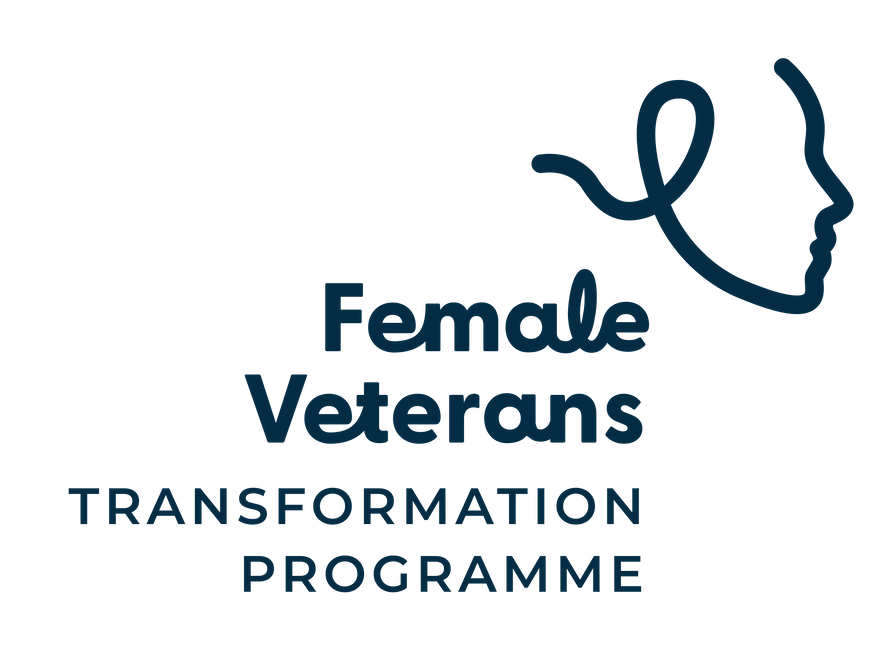In Conversation with Liza Jarvis, Project Lead
Liza Jarvis is Project Lead for the Female Veterans’ Transformation Programme and she shared her thoughts on working with the Armed Forces Community with us.
How did you come to lead the Female Veterans' Transformation Programme?
Coming from a military family I have always wanted to support the Armed Forces Community (AFC), plus living in Plymouth many of my friends have either served or are still serving so the military community is part of my everyday life in many ways. I started working more closely with the AFC at the end of 2019, when we started the NHSE AFC Social Prescribing Demonstrator. I have always passionately believed in a person's right to have choice and control over the way they are supported, based on what matters to them and the social prescribing demonstrator allowed us to support veterans and their families in ways which made the biggest impact on them. The demonstrator brought me much closer to the work of supporting the AFC and striving for people to better understand the unique needs of people who have served and why things may need to be different when supporting them. When the post was advertised to lead the Female Veterans Transformation Programme, I felt like it was a natural progression and a way to put all my skills to very good use.
What most excites you about this programme?
I feel very privileged to be part of this programme and to highlight not only the things that need to be improved to support our female veterans, but also to raise their profile and showcase that women also served and have made fantastic contributions to our Armed Forces. I also think the opportunity for collaboration is amazing, both with female veterans themselves but also organisations at all levels and from across the whole of the UK, the opportunity to work together and develop the important work that has already been started is a huge strength.
What do you think are the biggest challenges for the programme?
I think one of the biggest challenges is identifying and recognising that women also served - both from society's and organisations viewpoint, but also from women themselves, many of whom do not identify as a veteran. We need to help women understand that their military service makes them eligible for support if they require it, whilst also celebrating their contributions.
What has been your experience of working with the Armed Forces and veteran community?
Personally, I truly enjoy working with the veteran community. The camaraderie, desire to work together and support each other is unlike other areas of society I have experienced. People are so much more willing to work together (in my experience) and lean into the work we are doing. I also feel the time is right to highlight the needs of female veterans and to raise the profile of not only their role in our armed forces but highlight the fact that female veterans exist and should be celebrated and recognised wherever possible alongside their male counterparts.

